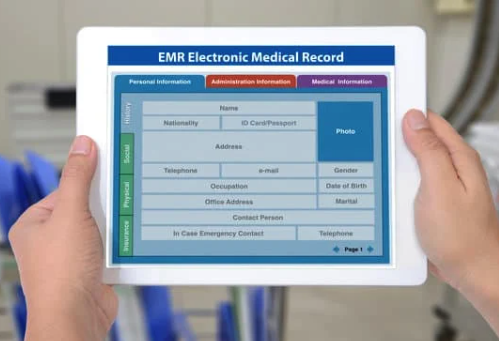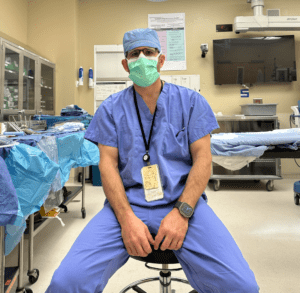Medical complication – an unanticipated or unexpected outcome that occurs following a procedure, treatment, or illness.
As a healthcare provider, facing medical complications is an inevitable part of our profession. While we strive for the best possible outcomes, it’s crucial to acknowledge that complications can and do occur. In this blog post, we will discuss effective strategies for doctors to deal with medical complications, ensuring that we continue to provide the best care for our patients while maintaining our own well-being.
Maintain Open and Honest Communication
Transparent communication is the cornerstone of managing medical complications. It’s imperative to promptly and clearly communicate with the patient and their family about the situation, the nature of the complication, and the steps that will be taken to address it. Compassion, empathy, and honesty go a long way in building trust and maintaining a positive doctor-patient relationship. I cannot overemphasize the importance of this initial step.
Actively Involve the Patient in Decision-Making
Involving the patient in the decision-making process empowers them and helps them feel more in control of their healthcare journey. Discuss the available options, risks, and potential benefits, ensuring that the patient understands their role in the decision-making process.
Collaborate with Colleagues and Specialists
Medical complications often require a collaborative approach. Consult with colleagues, specialists, and other members of the healthcare team to gather diverse perspectives and expertise. Together, you can develop a comprehensive and effective treatment plan tailored to the patient’s specific needs. https://lelandjaffedpm.com/Mentorship
Prioritize Patient Safety and Well-being
Above all, prioritize patient safety and well-being. Take swift and appropriate action to address the complication, making decisions based on evidence-based medicine and best practices. Regular monitoring and evaluation are essential to ensure the patient’s condition stabilizes and improves.
Keep Detailed Records


Thorough documentation is crucial in managing medical complications. Record all relevant information, including the timeline of events, actions taken, and the patient’s response to treatment. This not only helps in providing continuity of care but also serves as a valuable resource for future reference and learning.
Practice Self-Care and Seek Support
Dealing with medical complications can be emotionally and mentally taxing. It’s important for doctors to prioritize their own well-being. Seek support from colleagues, mentors, or professional organizations. Engage in self-care activities and make time for rest and relaxation to prevent burnout and maintain a high standard of care.
Conduct a Root Cause Analysis
After stabilizing the patient, take the time to conduct a thorough root cause analysis to understand why the complication occurred. This process helps identify any systemic issues or areas for improvement in protocols, procedures, or communication, ultimately leading to enhanced patient safety.
Engage in Continuous Learning and Improvement
Medical complications offer valuable learning opportunities. Stay updated with the latest research, attend conferences, and participate in educational activities to continuously enhance your knowledge and skills. Embrace a growth mindset, and be open to adapting your approach based on new evidence and best practices.
Communicate Proactively with the Patient’s Family
Keeping the patient’s family informed and involved is crucial, as they are often deeply invested in their loved one’s care. Provide updates on the patient’s progress, answer their questions, and address any concerns they may have. This open communication fosters trust and helps ease their anxiety during a challenging time.


Conclusion
Dealing with medical complications requires a multifaceted approach, combining clinical expertise, effective communication, and a commitment to patient-centered care. By following these strategies, doctors can navigate the complexities of medical complications with confidence, ensuring that patients receive the best possible care, even in challenging circumstances. Remember, every complication is an opportunity for growth and improvement in the pursuit of excellence in healthcare.
Please comment below on any other advice that you would recommend on handling medical complications.


Leland Jaffe DPM, FACFAS
Associate Professor and Dean
Podiatric Foot and Ankle Surgeon
North Chicago, Illinois







